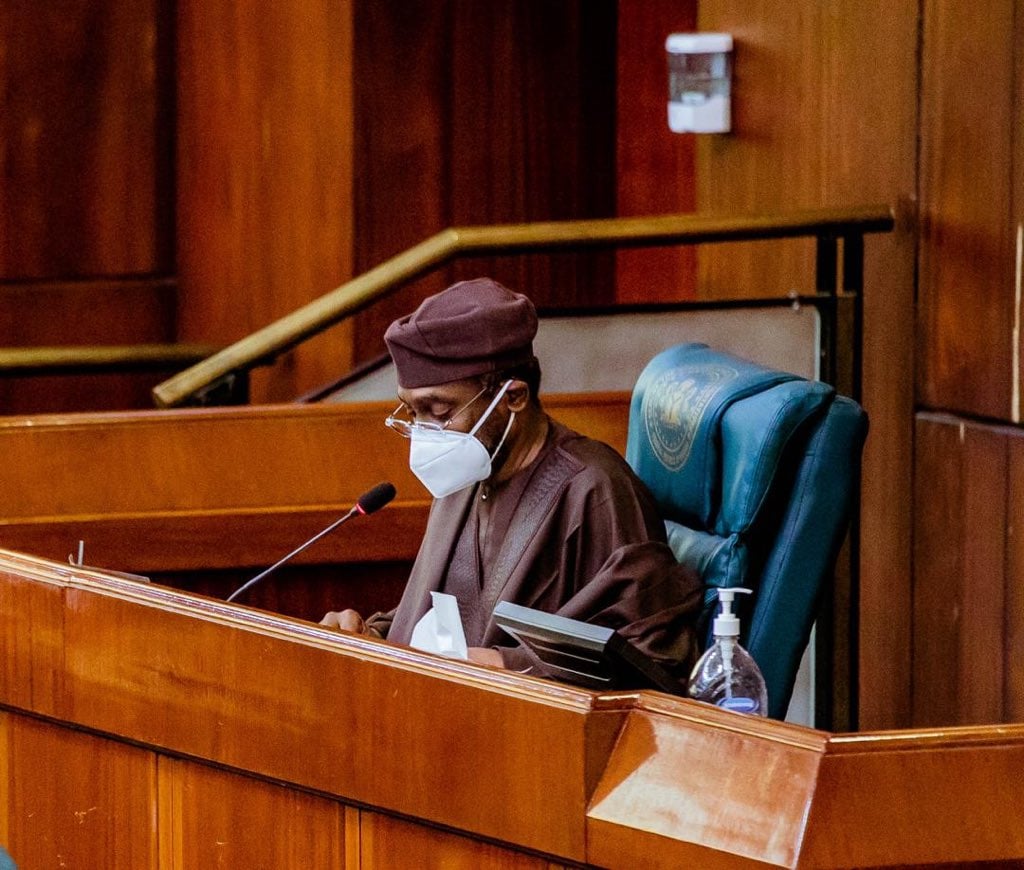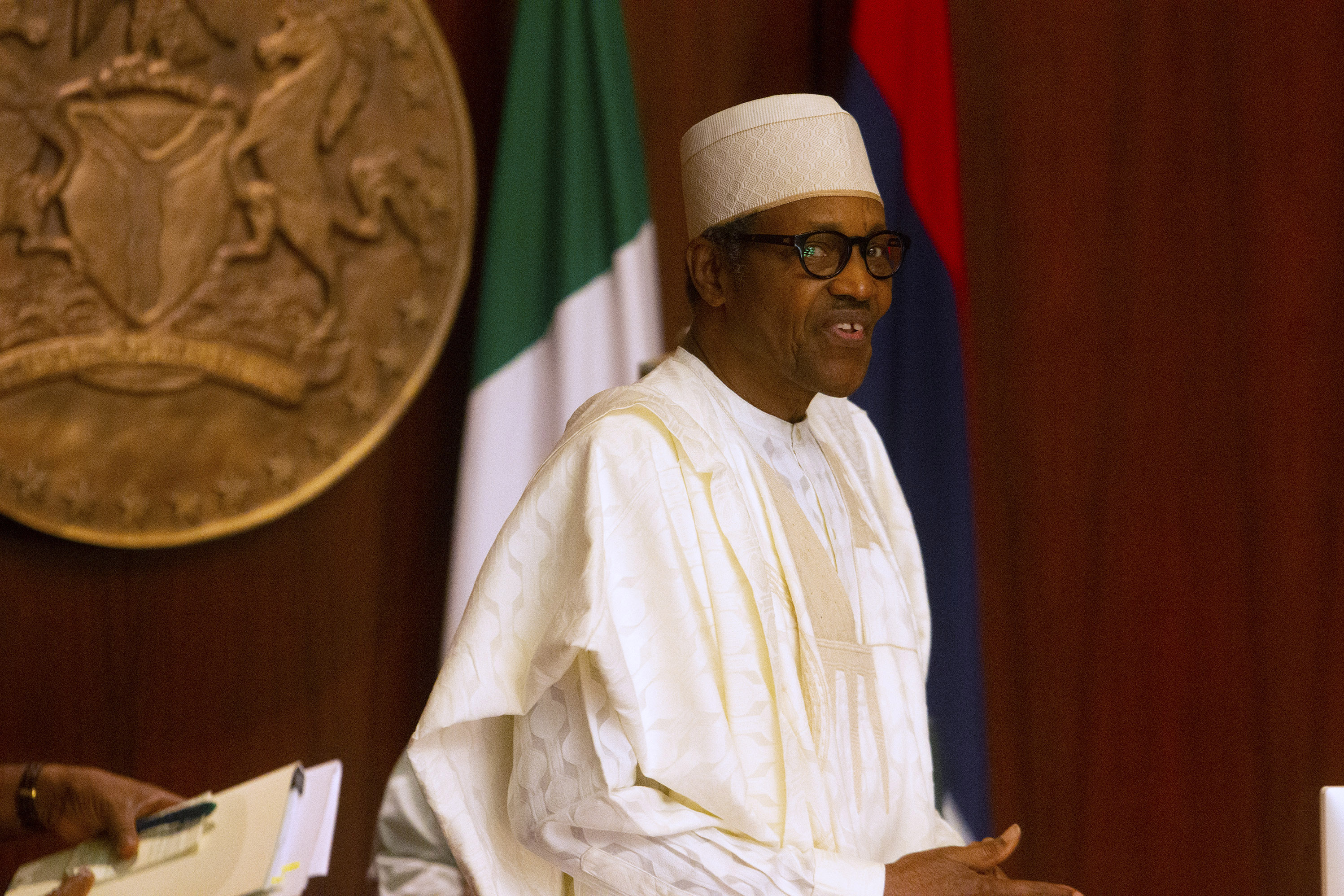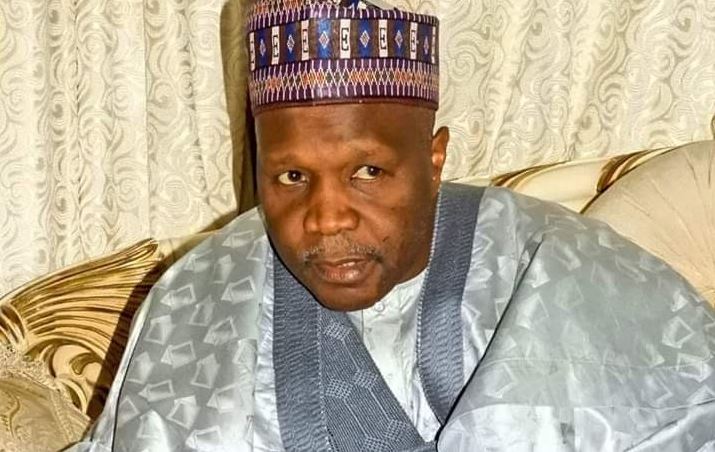BY EMMANUEL SAM
When Akwa Ibom people welcomed their fourth civilian governor, Mr Udom Gabriel Emmanuel, they did so with great expectations. These expectations were borne from the knowledge that a thoroughbred executive with a wealth of experience in corporate governance was coming in to power, so a new order was expected.
It will be five years by next week since Udom Emmanuel, rode on the crest of a five point agenda to office as governor of Akwa Ibom state. Emmanuel has brought a fresh perspective to leadership recruitment process in Akwa Ibom state, created unconventional ideas that have pushed the limits of job options available in the state, food production, industrialisation and other social services.
In this two-part piece, I attempt to highlight a few of his achievements in five years in six areas namely, industrialisation, political inclusion, education, health, security, and sports.
Advertisement
INDUSTRIALISATION
In 2015, Mr Udom Emmanuel, rolled out a five point agenda while he was consulting and campaigning to become governor of Akwa Ibom state. Emmanuel promised to create wealth, alleviate poverty, create jobs, consolidate and expand infrastructure, and ensure economic and political inclusion. The strategic initiative which he chose as pivot to achieve these five points development agenda was industrialisation.
His reflections during the electioneering, that Akwa Ibom state would be industrialised under his watch as governor, that jobs, wealth would be created to alleviate poverty; were a strong, unique market – entry campaign into the governorship race, for a man who was making a debut into politics.
Advertisement
His vision for growth and economic prosperity for the state was strong and clear, but it had to contend with a spiral of apprehension because, his promise to industrialise the state had a huge likeness as the malicious fabrication of the 2007 -2015 administration which promised to build 31 industries in Akwa Ibom state, but never attempted one after all. The unique thing about Emmanuel’s reflections on industrialisation during the electioneering in 2015 was the strategic initiative, showing how he intended to industrialise Akwa Ibom state.
On the ‘how question’, Udom Emmanuel was unequivocal that he will drive industrialisation by developing the three gateways into state, which are, air, land and water. So far, in his four years plus as governor, Emmanuel has abide by that strategic initiative and the results of his industrialisation plan are feasible. We can count at least 16 industries so far.
Within five years, Governor Emmanuel’s industrialisation programme is revolutionizing the economy of Akwa Ibom state from a poor, crude oil – derivation – dependent, and civil service driven economy to a multi – industrial hub, with great ambitions to become a reference in aviation and maritime development, and manufacturing in the Gulf of Guinea.
Akwa Ibom state is aggressively aiming to retain a chunk of passengers’ spendings on air travelling. Akwa Ibom state launched a passenger airline called, Ibom Air, on June 7, 2019, with three aircraft on it fleet. Ibom Air broke a record of airlifting 50,000 passengers within 100 days of operation and has made a record – breaking 98 percent on -time flight departures. Last week, the airline added a new Bombardier CRJ 900 aircraft to its fleet. A fifth Bombardier CRJ 900 aircraft is expected to join the Ibom Air fleet very soon according to management of the airline. The modern Bombardier CRJ 900 aircraft on Ibom Air fleet are fitted with High Efficiency Particulate Air (HEPA) filters which capture more than 99 percent airborne microbes and other contaminants in the cabin. Within six months of flying in the Nigerian Airspace, Ibom Air has become the toast of passengers flying Uyo – Abuja, Lagos -Uyo, Lagos -Abuja routes.
Advertisement
Passengers have said that aircraft on Ibom Air fleet are the “freshest and newest” in the country’s airspace. The latest Bombardier CRJ 900 procured by the company is barely six years old. “Ibom Air has placed Akwa Ibom state on the international business pedestal, boost the state’s corporate image and heightens her perception as a true highly – rated industrial destination”, Governor Udom Emmanuel said recently.
Beyond the airline, the Udom Emmanuel administration is building an international terminal, a taxi way and making the best finishing touches to put the maintenance, repairs and overhaul hanger at the state owned Victor Attah International Airport to use. Consequently, the state government has started the process of establishing an aviation academy in the state to ensure that indigenous manpower are trained and certified to take up well paid jobs in the aviation sector.
With the milestone it has achieved in developing aviation sector, Udom Emmanuel is exerting effort to get the Ibom deep seaport and industrial city started. The administration’s commitment to actualize the deep seaport and industrial city project is obvious. For its effort so far, the administration has been able to complete 21 out of the 22 checklists needed to get approval of the Federal Executive Council, FEC, for the commencement of the seaport. While expecting FEC’s approval, like a good expectant mother would begin to buy clothes and baby essentials happily preparing for the anticipation date of delivery, the Akwa Ibom state government is building complementary infrastructure, among them are roads, hospitals and power supply, in anticipation of the approval and commencement of the seaport. The actualisation of Ibom seaport and power for all by 2021 are top priorities for the Emmanuel’s completion agenda, covering 2019 – 2023.
Manufacturing, agriculture and agro-processing are other areas of big win in the Udom Emmanuel industrialisation plan. The administration working through its Foreign Direct Investment (FDI) committee has attracted huge foreign investments to the state. Akwa Ibom is a sought after destination for investments because of friendly business environment, favourable investment and tax policies, complementary infrastructure and business oriented leadership the state government is providing.
Advertisement
Akwa Ibom state is evolving. Emmanuel’s aggressive industrialisation has created a diversity in job options and opportunities for youths who studied specialised courses but did not have organisations within their state where their expertise are needed. Today, Akwa Ibom state is on google search as the choice location for the manufacturing of disposable syringe. If you search for “Syringe Manufacturers in Nigeria”, Jubilee Syringe Manufacturing Company will be at the top search option and its location on the Google search is No. 1 Jubilee close, off Jubilee road, Akwa, Onna local government area, Akwa Ibom state. From Akwa Ibom’s new industrial city in ONNA, millions of syringe, an essential medical consumable is being produced by the largest disposable syringe manufacturer in Africa, Jubilee Syringe Manufacturing Company. The Syringe factory in Awa, which is situated within the same industrial city as the Kings flour, Lions Plywood factory, the electric digital metering solutions manufacturing factory, has earned Akwa Ibom state a place on global industrial map.
Outside the Awa industrial city where the big industries are situated, there is also the Itam industrial layout where light industries like the toothpick and pencil as well as plastic wares are produced.
Advertisement
Akwa Ibom state is also making a major leap in large-scale agriculture, agro -processing and manufacturing of agro chemicals and fertilizer. There are currently two fertilizer blending plants and three medium-scale rice mills in Akwa Ibom state. The latest mill, Ibom Golden Rice mill, owned by Ibiono Ibom Rice Millers Cooperative Society, services the rice field in Ikot Esen/ Utit Obio, Ibiono Ibom local government area. The mill started production started around December 2019, and runs concurrently with the Agricon rice mill in Ini local government area. There is serious buy -in to government’s programmes such as the third season farming which targets large-scale vegetable farming and cassava planting as well as processing of staples like garri and odourless foo-foo.
Governor Emmanuel has achieved a lot for Akwa Ibom state through his industrialisation drive within four years plus despite undulating global economy and foreign exchange rates which often hinder FDIs. When the governor started off the industrialisation drive with big tickets industries and manufacturing, part of the criticisms was that his investment ideas and orientation were “highly fallotine”, hence will leave out majority of Akwa Ibom people, who do not have the expertise to buy into the administration’s direction of development, hungry. This criticism has been proven otherwise. The industrialisation drive of Governor Emmanuel in Akwa Ibom state is holistic, because it takes into consideration the whole gamut of needs of the people. While the big industries are producing industrial goods, the others are producing food. So, there are work opportunities and enough food to eat. No one is hungry in Akwa Ibom state.
Advertisement
POLITICAL INCLUSION
When politicians talk about political inclusion or the more often used term, ‘unity government’, in Nigeria, a country whose political system has elevated nepotism and intolerance for opposing political ideologies and views to leadership craft, such politicians are hardly taken serious by the masses. Violence against opposition political parties and opponents, and induced intolerance between members of different political parties are not strange to us. In fact, Akwa Ibom was on media and security watchlist for political violence, politically motivated kidnappings, and assassinations between 2011 to 2015.
Advertisement
When Udom Emmanuel sought the governorship of Akwa Ibom state in 2015, one of the cardinal thrusts of his campaign was political inclusion. People who lived in the state and saw the height at which violence against opposition was elevated to, dismissed this pledge as yet another political fluke. “Politicians don’t tolerate opposition and opposing views”, that was the reaction. Emmanuel saw that something was wrong in the way leadership responded to opposing views at both intra-party and inter-party levels and promised to make a deliberate change. When people dismissed his assertion on political inclusion, Emmanuel’s reassuring words were that, he was not making the promise as a “professional politician”, but a “professional in politics.”
Political intolerance and arbitrariness had forced many foundation members of the Peoples Democratic Party, Emmanuel’s political party out of sync with leadership in the build up to the 2015 general elections. When Emmanuel won the governorship, as the new leader of the party, he spoke repeatedly and unequivocally against imposition. He supported zoning. At one of the meetings he had with enlarged stakeholders of the party, Emmanuel said, under his watch, “zoning would be followed to the latter”. He has matched words and actions on this and that has strengthened the structures and organs of the party, and encouraged those who defected from the party out of frustration due to victimisation, marginalisation and high-handedness to rejoin the party. Intra-party democracy has deepened in the PDP in Akwa Ibom state under Emmanuel’s leadership. Many people have posited that the internal peace, tolerance and involvement and respect of the majority opinion of all strata of stakeholders accounted for the overwhelming solidarity Governor Emmanuel enjoyed during the failed, much hyped political hurricane of August 8, 2018, when the former senate minority leader defected.
Governor Emmanuel has not reneged on his promise of political inclusion at the inter-party level. Many times he has personally addressed questions and concerns, in the most civil manner, raised by members of the opposition party. For a thousand and one times, in his speeches, the governor has called on members of the lead opposition party in the state who have useful ideas to come forward and share same with the government to move the state forward. This expression has been a frequent charge by the governor, “elections are over, we are now in governance, and we encourage our brothers on the other side of the political divide to join us in developing the state”.
The Governor has personally shown that he is not paying lip -service on this. In an unprecedented demonstration of political tolerance, he appointed a chieftain of the All Progressives Congress and a serving member of the state caucus of the party, Chief Enefiok Ekefre, as his honourary special adviser on mobilisation. Recently, Emmanuel appointed members of the Inter Party Advisory Counicl, IPAC, in Akwa Ibom state, into the 31 local government committees for the disbursement of COVID-19 palliative.
There is sincerity of purpose in Governor Emmanuel’s pursuit of political inclusion, that is why members of opposition political parties are giving him relevant support openly. In 2019, many members of opposition parties supported his reelection openly because of his disposition to peace and peaceful coexistence in the state.
It is unprecedented in Nigeria’s political history, at least as far as we can remember, to have a governorship candidate pay a working visit to a sitting governor, whom the candidate lost the election to. This has happened in Akwa Ibom state under Governor Udom Emmanuel. In the the first quarter of 2017, the APC governorship candidate, Mr Umana Umana, now Managing Director of Oil and Gas Free Zone Authority, Onne, Port Harcourt, who was Governor Emmanuel’s major challenger in the 2015 election, paid a working visit to Emmanuel. The cordial working relationship which Governor Emmanuel has maintained with Umana and other Akwa Ibom people in other political parties has come pretty useful in development endeavours such as licensing and on going implementation of Liberty Oil and Gas Free Zone Authority in Akwa Ibom state, airworthiness certification for aircraft on Ibom Air fleet, and others. Governor Emmanuel is in a class of his own on political inclusion.
Add a comment





